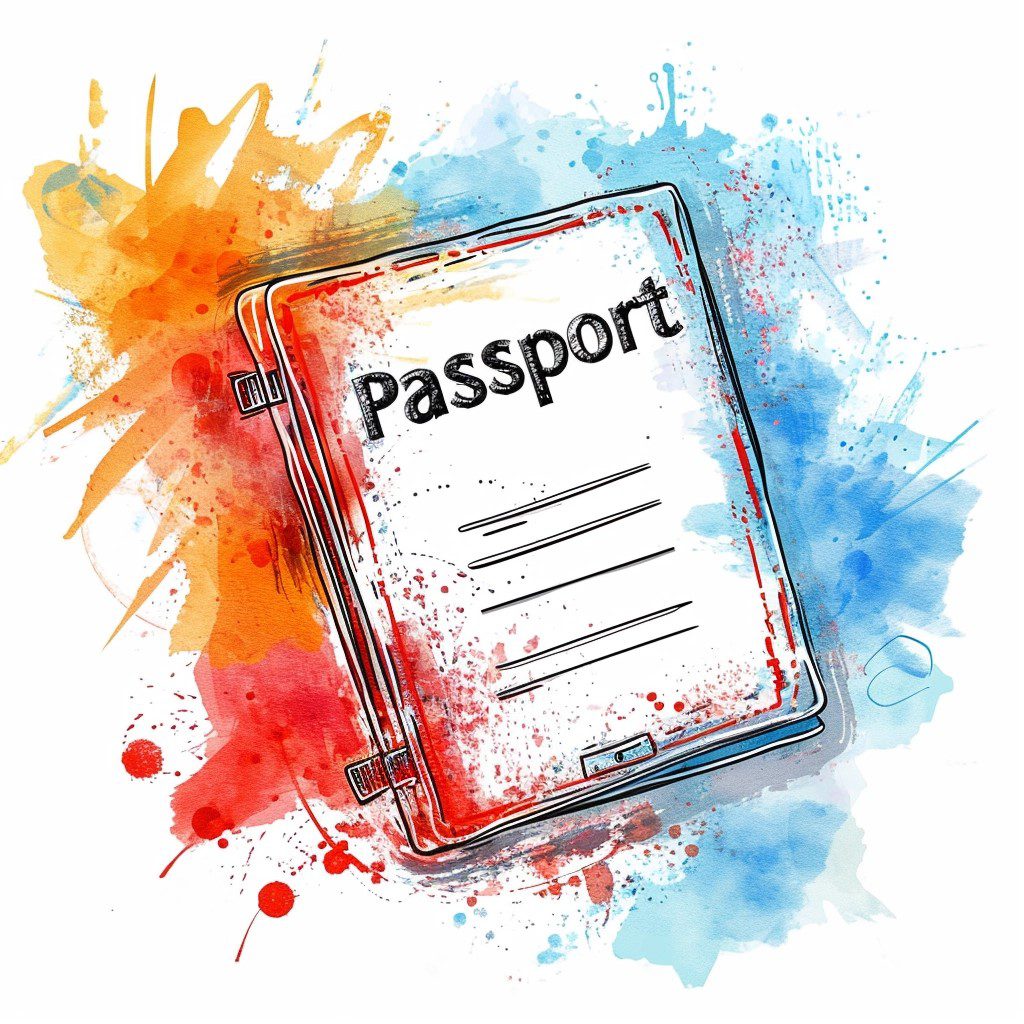Understanding the pivotal role of notarized documents in the immigration process is crucial in the complex journey toward Canadian citizenship. Notarization is a backbone for ensuring the authenticity, credibility, and legal standing of various documents submitted throughout the immigration procedures.
This comprehensive guide delves into the essence of notarized documents within the immigration landscape, explicitly highlighting their significance, types, and the meticulous process of obtaining them, all aimed at smoothening the path to Canadian citizenship.
The Significance of Notarization in Immigration Documents
Notarization acts as a form of legal assurance, verifying that the document is genuine and its signatures are authentic. For immigration purposes, this verification is paramount. It not only reinforces the trustworthiness of the documents presented to Canadian immigration authorities but also meets the legal prerequisites set forth by Citizenship and Immigration Canada (CIC).
The notary public, a legally authorized individual, ensures that all parties understand the document’s content, thus preventing fraud and misrepresentation in immigration applications.

Types of Documents That Require Notarization:
- Personal Identification Documents: Birth certificates, marriage certificates, and passports that verify personal details.
- Educational and Professional Documents: Degrees, diplomas, transcripts, and licenses supporting educational and professional qualifications claims.
- Financial Documents: Bank statements and financial guarantees proving the applicant's financial stability.
- Legal Documents: Power of attorney, affidavits, and letters of invitation that may be required at different stages of the immigration process.
The Process of Notarizing Documents for Immigration to Canada
- Document Preparation: Before notarization, ensure all documents are complete and accurate. A certified translator must do any translation of documents not in English or French.
- Finding a Notary Public: Locate a notary public or a commissioner of oaths authorized to notarize documents in your area. Simpson Notaries, with a profound understanding of immigration requirements, can be an excellent choice.
- Document Review and Verification: The notary will review the documents for completeness and verify the identity of the signatories through valid identification.
- Signing in the Presence of the Notary: All parties must sign the document in the notary’s presence. The notary will then affix their seal or stamp, indicating that the document has been notarized.
- Notary Statement and Seal: The notary public adds a statement confirming the act of notarization, including the date and location, and seals the document, officially notarizing it.
- Submission to the Immigration Authorities: Once notarized, the documents are ready to be submitted as part of your immigration application. Ensure to keep copies of all documents for your records.
Choosing the Right Notary for Your Immigration Documents
Selecting a notary familiar with the immigration process can significantly ease your journey towards Canadian citizenship. Simpson Notaries specializes in handling immigration documents, ensuring that they are accurately notarized according to Canadian immigration standards.
Their expertise guarantees the legal acceptance of your documents and provides you with peace of mind throughout the process.

Conclusion
The role of notarized documents in the immigration process to Canada cannot be overstated. They are the bedrock on which the credibility of your application rests. Understanding the types of documents that require notarization, the process involved, and the importance of choosing a knowledgeable notary, like Simpson Notaries, are critical steps in successfully navigating the path to Canadian citizenship.
By ensuring your documents are correctly notarized, you solidify the foundation of your immigration application, bringing you one step closer to achieving your dream of becoming a Canadian citizen.
